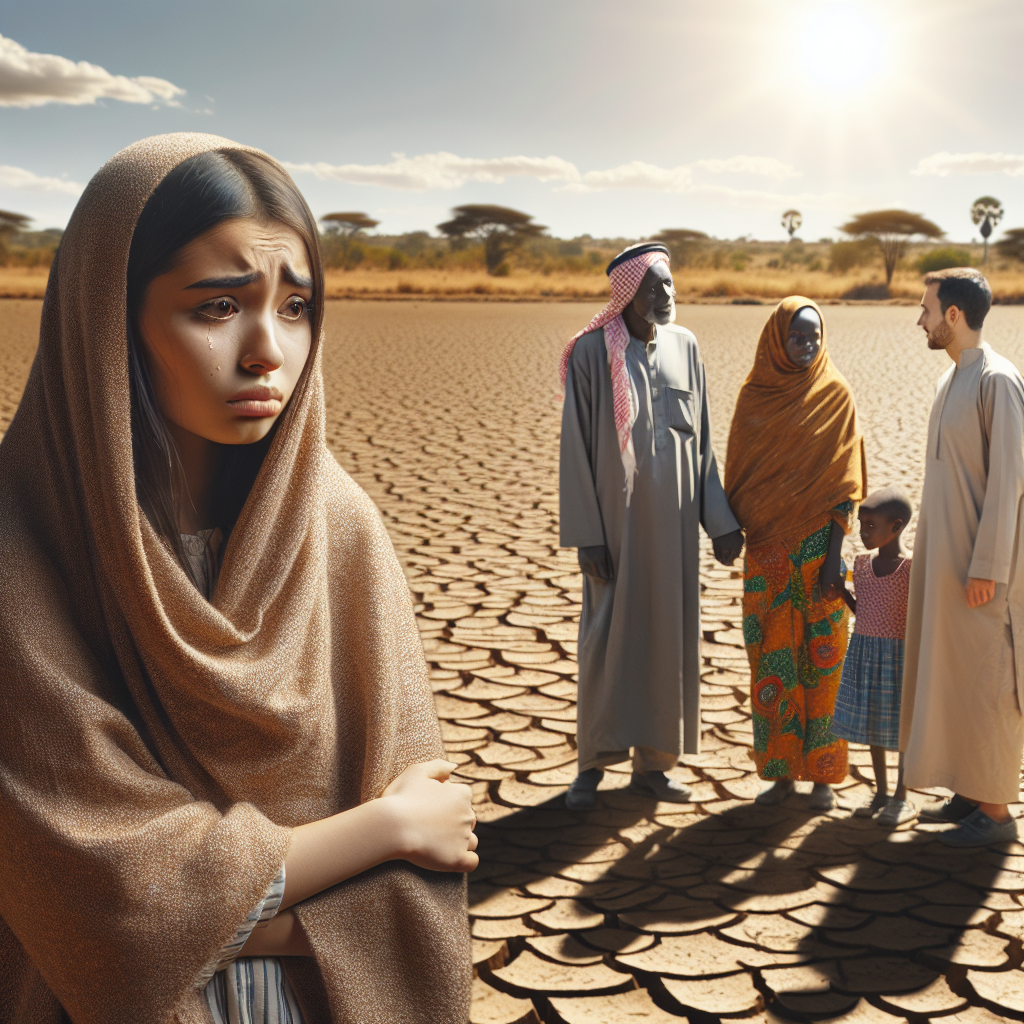In Kenya, Drought Drives Families to Marry Off Daughters to Avoid Starvation
In Kenya, Drought Drives Families to Marry Off Daughters to Avoid Starvation
The Harsh Reality of Drought
Kenya is currently grappling with one of the most severe droughts in recent history, which has led to devastating consequences for many families. The lack of rain has resulted in crop failures and livestock deaths, pushing communities to the brink of starvation.
Desperate Measures: Child Marriages
In a bid to survive, some families are resorting to marrying off their young daughters. This practice, though culturally sensitive, is being driven by the dire need for resources and security.
- Families receive dowries, which can provide temporary financial relief.
- Marrying daughters off is seen as a way to reduce the number of mouths to feed.
- Young girls are often married to older men, which raises concerns about their well-being and future.
Impact on Young Girls
The implications for these young girls are profound and troubling. They face a loss of education, autonomy, and childhood, with long-term effects on their mental and physical health.
- Many girls are forced to drop out of school, limiting their future opportunities.
- Early marriages often lead to early pregnancies, which can be dangerous for young girls.
- The psychological impact of such marriages can be severe, leading to issues like depression and anxiety.
Efforts to Address the Crisis
Various organizations and government bodies are working to mitigate the effects of the drought and prevent child marriages. These efforts include:
- Providing food aid and financial support to affected families.
- Raising awareness about the negative impacts of child marriage.
- Implementing programs to keep girls in school and empower them through education.
Conclusion
The drought in Kenya has forced families into desperate measures, including marrying off their daughters to avoid starvation. While this provides temporary relief, it has severe long-term consequences for the young girls involved. Efforts are underway to address the crisis, but more support is needed to protect vulnerable communities and ensure a brighter future for the next generation.






































